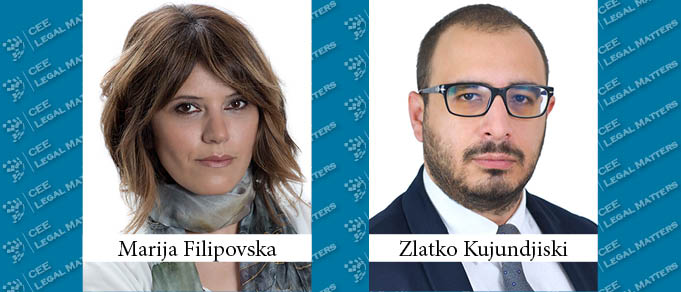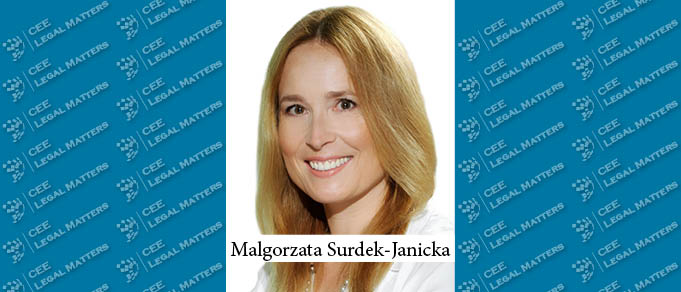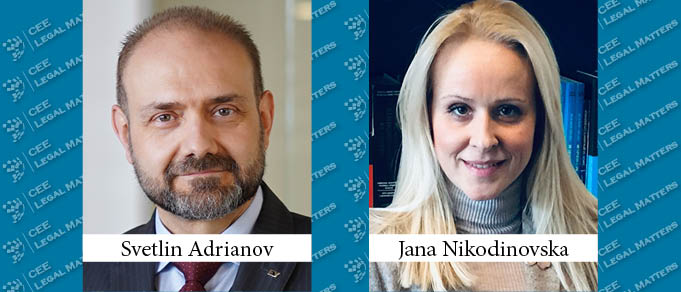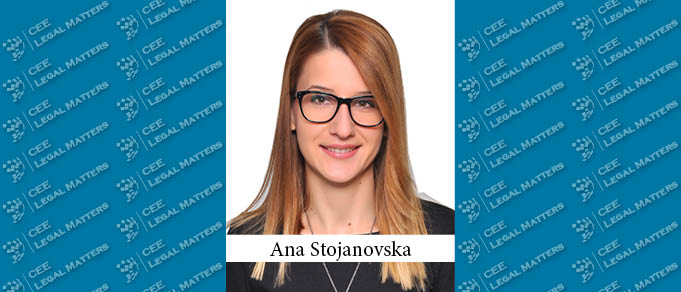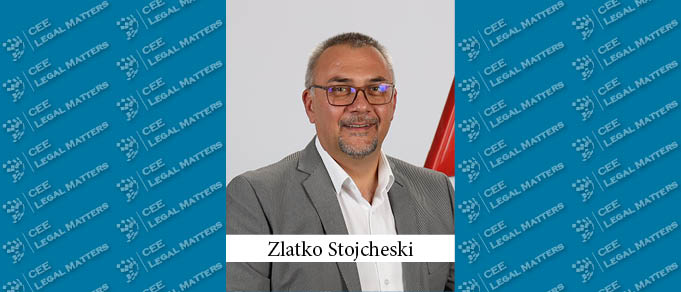Political stalemate and a prolonged election period are holding North Macedonia in a lock, preventing major legislative and business moves, according to Trpenoski Partner Dejvi Davidovski.
North Macedonia: Preparations for the Electricity Crisis
While trying to bounce back from the COVID-19 pandemic, the world is running headlong into an energy crisis, and North Macedonia will meet the same fate. The country is facing serious electricity shortages due to the rising growth of prices on the energy exchanges in Europe. This, in turn, disables the companies that trade in electricity to comply with the agreements signed with companies and institutions to whom they supply electricity on the free market. The disbalance in the demand and supply is then covered from the reserves of the transmission system operator (“TSO”) MEPSO, who is drawing electricity from the European network, thus accruing massive debt. Meanwhile, North Macedonia is trying to increase the domestic production of electricity, by activating the third block of REK Bitola, the country’s biggest producer of electricity and coal.
North Macedonia: Investment Support for Technological Industrial Development Zones
The Minister of Finance and the Prime Minister of North Macedonia recently presented the Plan for Accelerated Economic Development (“Plan”), intended to boost the economic development in the country and provide recovery of the economy for the period between 2022 and 2026.
Competition and Competition Litigation Laws and Regulations in North Macedonia
Contributed by ODI Law.
North Macedonia: Strategy for a Renewable Energy Future – Too Ambitious or Ambitiously Realistic?
The year 2020 proved to be positive for renewable energy in the EU. Data published by Eurostat shows an overall increase in the share of energy produced from renewable sources, and the share of renewable electricity exceeded that of electricity produced from fossil fuels.
North Macedonia: Proposed Novelties in the Legislation Related to Cannabis for Medical Purposes
In recent years, the cultivation of cannabis for medical purposes has been a “hot” topic in North Macedonia. In 2016, the country regulated the procedure for the cultivation and production of hemp and hemp extracts. Since then, in line with publicly available information, over 60 approvals for the cultivation of cannabis for medical purposes have been issued.
The Buzz in North Macedonia: Interview with Gjorgji Georgievski of ODI Law
With COVID-19 restrictions to kick in only after the municipal elections scheduled for October 17, the country is in for a long winter, according to ODI Law Partner Gjorgji Georgievski, despite the business sector doing well.
The New Form of a Company in the Republic of North Macedonia
The Company Law in the Republic of North Macedonia has finally introduced a simplified limited liability company.
“Additional Period” for Ensuring Data Protection Compliance in North Macedonia
Data controllers and data processors had until 24 August 2021 to align with the new Law on Personal Data Protection in North Macedonia (“Law”), which introduced the GDPR in the local legislation at the beginning of 2020. Non-compliance with the new obligations for personal data protection can lead to severe penalties, such as fines of up to 2% and up to 4% of the total annual turnover from the previous financial year, per misdemeanor.
North Macedonia: New Amendments to the Law on Financial Support of Investments
In August 2021, the Law on Financial Support of Investments (“Law”) in North Macedonia has undergone several amendments. Changes are focused on easing the conditions for application, affecting the balanced regional development, and speeding up the procedures for payment of the granted funds.
North Macedonia: Amendments in the Labour Legislation
During the summer, the Assembly in North Macedonia adopted relevant amendments to the Labour Law concerning the conditions for retirement. According to the estimations by the proposers of the amendment, around 6000 employees from the public and the private sector already reached 64 years of age by the end of 2020.
Hot Practice: Gjorgji Georgievski on ODI’s Data Protection Practice in North Macedonia
"Data Protection matters have kept us extremely busy this year," Gjorgji Georgievski, ODI Law Partner in North Macedonia and Regional Head of TMT Group, reports, primarily as a result of the looming end of the transition period of the new data protection law in the country.
ICC International Court of Arbitration Appoints Malgorzata Surdek-Janicka as Vice-President
CMS' Malgorzata Surdek-Janicka has been appointed as Vice-President of the International Court of Arbitration at the International Chamber of Commerce in Paris. Aside from Surdek-Janicka, 33 lawyers from CEE were appointed as members and alternate members of the court.
Two Months Left for Data Protection Compliance in North Macedonia
With the enactment of the new Law on Personal Data Protection (“Law”) in 2020, North Macedonia largely harmonized its data protection legislation with the EU General Data Protection Regulation (GDPR).
The Buzz in North Macedonia: An Interview with Aleksandar Kchev of Bona Fide Law Firm
While relatively slow on certain fronts, the North Macedonian Government seems focused on economic growth according to Aleksandar Kchev, Partner at Bona Fide Law Firm, with the country's IT industry and renewables sector seeing some notable movement.
North Macedonia: Transport and Infrastructure – Sector of Expansion
The year of 2020 was marked, in North Macedonia as elsewhere, by the COVID-19-induced economic crisis, which will obviously extend well into 2021. Despite the high hopes that the pandemic would be brought under control with mass vaccination programs, the North Macedonian economy’s return to pre-Covid status within the current year is highly unlikely.
North Macedonian Lenders’ Rights on Borrowers’ Rescue, Reorganization, and Insolvency
The terms of a loan agreement dictate the circumstances in which a lender can enforce its loan, guarantee, or security interest. In North Macedonia, a lender can usually demand loan acceleration (repayment before a scheduled maturity date) if the borrower defaults under the loan agreement. Security documents state when the lender can enforce the security, usually following a default under the loan agreement or the lender’s demand for repayment when due. A lender can generally demand payment under a guarantee as soon as the borrower fails to pay any guaranteed obligation when due. However, the claim under a guarantee will be limited to the overdue amount. A lender will therefore often need to accelerate the loan before it can make a full claim against a guarantor. Typically, under the finance and the security documents, lenders have the right to accelerate and enforce loans when borrowers become insolvent.
Inside Insight: Interview with Zlatko Stojcheski, Head of Corporate and Legal Affairs at A1 Makedonija
Interview with Zlatko Stojcheski, Head of Corporate and Legal Affairs at A1 Makedonija about his background and best practices.




